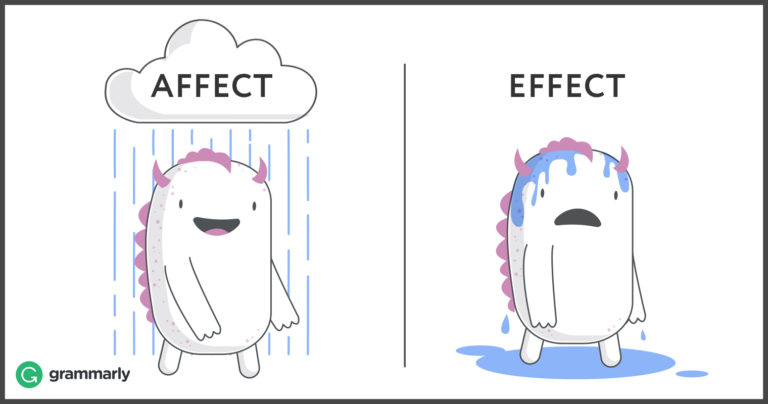
A write off does not even hit your accounting records!Ī typical write off occurs when the total amount of time an agency works on a client project exceeds the budgeted or estimated amount of time (if an estimate is even prepared) and the agency cannot bill any of the overages. This transaction would even have been reported on your books. You have a bad debt expense against the receivable. The client either balks, refuses to or does not have the funds to pay your bill. You did the work, billed the client, reported the revenue and the offsetting receivable, expected to be paid and now were just waiting for the check. That is more commonly called a bad debt expense as the billing has already been sent to the client. If it is, let’s dig deeper.įor starters, a write off is not when a client does not pay your invoice.

How important is it to track, review, analyze the nature of, and report write offs? If money is not important to you, then kindly move on to another article. These nasty things didn’t show up anywhere on the monthly reporting package.

When I showed the owner, his face grew ashen. The write offs were double the profit number. During this time, I asked them to review their write offs. The same agency reported a low six-figure profit last year. They even showed me billability by employee! I visited an agency last month and they were quite proud when they showed me their month-end reporting Balance Sheet, Income Statement, Comparison to Forecast (and an unchanged plan I might add). Therefore, nothing to worry about, right? What’s the big deal about Write Offs? No one sees them on the income statement.


 0 kommentar(er)
0 kommentar(er)
